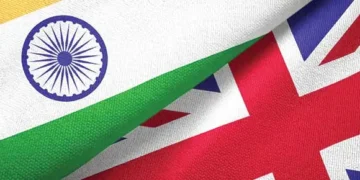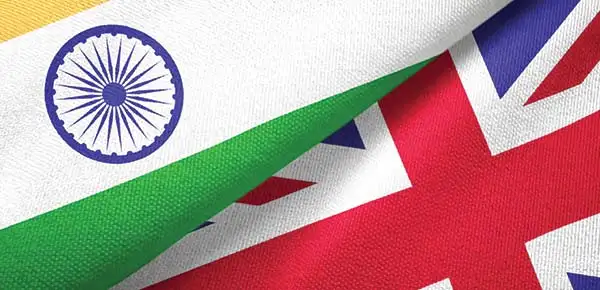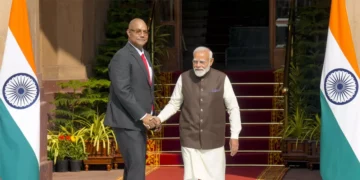Blitz Bureau
NEW DELHI: The India–UK Comprehensive Economic and Trade Agreement (CETA) is poised to create significant opportunities for India’s seafood export sector, according to the Marine Products Export Development Authority (MPEDA). During a two-day interaction with exporters, MPEDA chairman DV Swamy urged them to adopt strategies focused on value addition and workforce upskilling to fully leverage the agreement.
The CETA pact, inked in July this year, grants zero-duty access to 99 per cent of tariff lines, enhancing the competitiveness of Indian seafood in the UK market. Key categories such as Vannamei shrimp, frozen squid, lobsters, frozen pomfret, and black tiger shrimp are expected to benefit directly from the duty-free access. The meetings provided a platform for industry stakeholders to explore the implications of the agreement.
Presentations by Anil Kumar, Joint Director, MPEDA, outlined the salient features of CETA, while Alex Paul, Development Commissioner of the MPEZ-SEZ, highlighted the potential for Marine Aquapark SEZ development in Tamil Nadu. Stakeholders, including officials from the Department of Commerce, Export Inspection Agency (EIA), and the Seafood Exporters Association of India (SEAI), alongside over 90 exporters from Tamil Nadu, Andhra Pradesh, and Odisha, shared insights on market opportunities and operational strategies. India exported marine products worth $7.45 billion in 2024–25, with shrimp, fish, and cuttlefish forming the bulk of shipments. Exports to the UK reached 16,082 MT valued at $104.43 million, driven largely by demand for frozen shrimp, which accounted for 77 per cent of the total UK shipments, followed by frozen fish at eight per cent.































